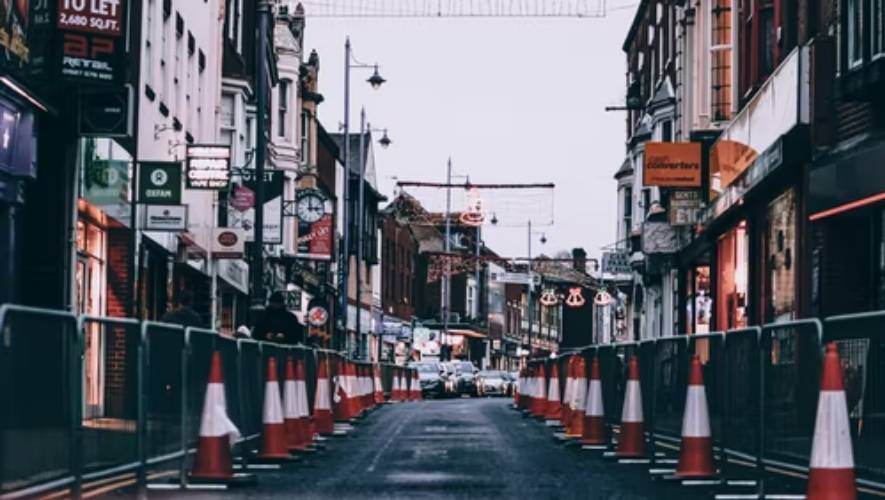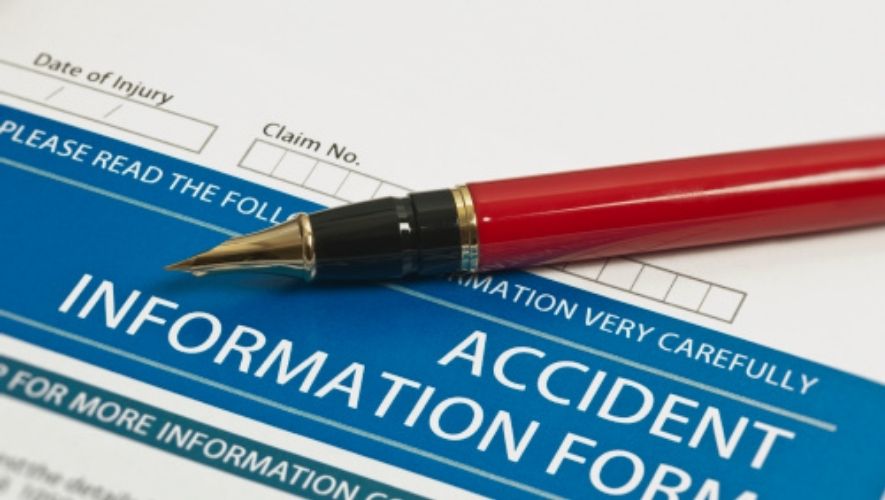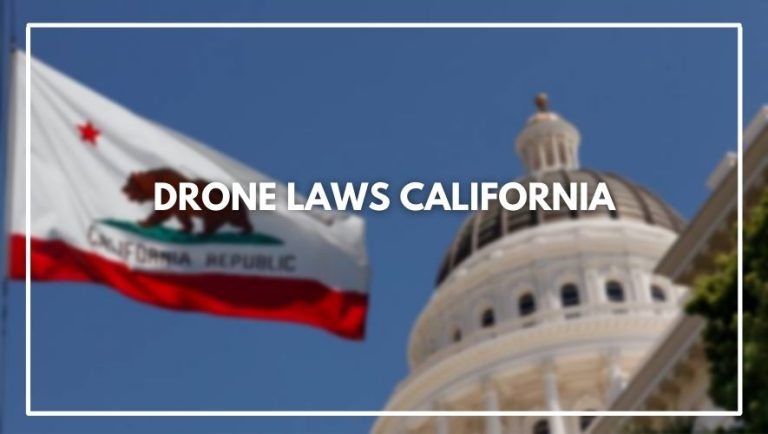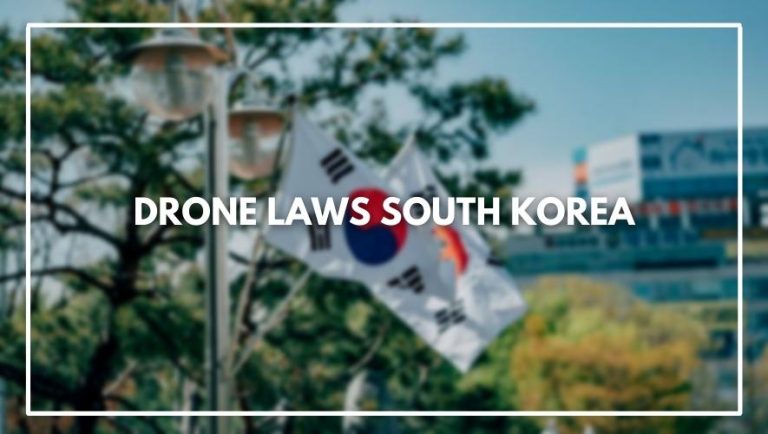Want to know the drone laws Costa Rica? Would you like to fly a drone in Costa Rica and not get it shot down by the military? Or have your drone outright confiscated?
I sure wouldn’t. If you’re planning to visit the beautiful country of Costa Rica sooner or later, we strongly suggest taking into account some basic drone rules that will help you steer clear of problems, and more importantly, avoid getting your drone shot.
If you want to operate a drone in Costa Rica, you will need to secure permission from the Dirección General de Aeronáutica Civil(DGAC).
The Directorate General of Civil Aviation (DGAC) is the agency that regulates and controls all phases of civil aviation in the country, as well as issues pilot/operator licenses, aircraft registrations, flight permits and provides technical assistance.
Drone Laws in Costa Rica is fairly new, part of the issue being there are not a lot of drone pilots. Here I touch on drone laws and regulations for drone pilots and for those hoping to fly drones or concerned about the legality of their drones in Costa Rica.
Where Can You Fly A Drone In Costa Rica?
In Costa Rica, you may fly your drone for recreational purposes in areas that aren’t protected. That means that you can’t fly them in national parks or other protected areas. Additionally, if you are flying in a city, you must have permission from the municipality to do so.
You should also note that there are some international airports and military bases where it is illegal to fly drones.
Is There An Official Drone Registry In Costa Rica?
Costa Rica currently has a law in place mandating that any drone with a weight under 25 kg (55 lbs) must be registered with the DGAC. The registration process is fairly simple and straightforward.
You’ll need to fill out an application form, which you can find and submit it in person at the DGAC office in La Sabena, San José 11101, Costa Rica.
The registration fee is 13,000 colons—not bad at all considering how much your drone may have cost you! Just make sure to bring along a copy of your purchase receipt as proof of what you paid for it when going to register your drone.
Are There Restrictions When Flying Over Private Property Or People?

You’re allowed to fly over people, but must be at least 75 feet above them. Additionally, you may only fly over private property or buildings if they are uncrowded or if you have permission from the property owner.
If flying over a building with people inside, like an apartment complex, keep in mind that this would be considered flying “over” people and is not allowed unless you can safely remain 75 feet above them.
Are There Height Restrictions When Flying A Drone In Costa Rica?
The height at which you are allowed to fly a drone in Costa Rica varies depending on where you’re flying. In national parks and archaeological sites, the maximum flight height is 150 meters (492 feet) above the ground.
This rule is put in place to protect wildlife and historical artifacts from drone-related disturbances, so if there’s a particular bird or tree you want to get footage of, you’ll either have to ask permission from park officials or find an area that isn’t protected.
If you fly your drone anywhere else in Costa Rica, it has to stay within 120 meters (393 feet) of the ground. The exact purpose behind this limit is ambiguous; however, it probably serves as a way for authorities and local residents to feel more secure about having drones nearby.
Do I Need Liability Insurance When Flying My Drone In Costa Rica?

Whether you’re a drone pilot working in this field or an amateur hobbyist, liability insurance is something you’ll want to consider purchasing. Not only will it give you peace of mind when flying your drone, but it could also help prevent problems down the line.
In Costa Rica, you’ll want to get at least $100,000 in coverage. That’s the minimum amount of liability insurance required by law if you ever cause damage to someone else’s property with your drone.
As for what kind of policy to get, there are a variety of options out there that may suit your needs. In fact, most major insurers offer coverage for drones — just make sure they have experience insuring them first so they know exactly what type of protection is needed!
And don’t worry about not having insurance: some rental companies will provide it for free on their drones (at least up until yours gets lost or damaged). If that’s not an option though, there are plenty of other ways you can still protect yourself too!
You can always purchase third party liability coverage through a broker such as Cover Hound or Square Trade; both will give quotes based off your model and serial number.
Flights Over Uncrowded Areas Are Allowed
You are allowed to fly your drone in rural areas, but if you’re in a city or town, it’s best to keep it parked.
It’s also a no-fly zone for national parks and protected areas. If you’re unsure about the laws, ask the police or consult with a local tourism authority.
If you’re visiting as a tourist, it would be wise to check with your local embassy (if there is one).
How To Register Drones In Costa Rica

Anac Will Accept To Registered Drones
ANAC will only accept to register drones which have been purchased and manufactured by a business or company recognized by the governing body within the nation. If your drone was not bought from a manufacturer listed on their list, you may be fined for using it illegally.
It is always best to purchase your drone in Costa Rica, however if you did not do so and are wondering whether you can still register it with ANAC, they will consider making an exception on a case-by-case basis.
If your unregistered drone is seized in Costa Rica, then you will be charged with up to $1,000 USD for any damages caused.
Keep in mind that flying into prohibited areas such as the national park or airport zones can result in fines of up to $3 million colons (about $5k USD), which must be paid immediately before leaving the country.
Drone Must Be A Model That Has Been Updated
In order to fly a drone legally in Costa Rica, you must register it with the Civil Aviation Authority (Autoridad de Aviación Civil), which is under the Ministry of Public Works and Transport. The registration process includes making an appointment with the authorities by calling them or emailing them directly.
You will also need to take your drone with you when making this appointment. The drone must be a model that has been updated within the last three years and manufactured by a company that is recognized by the governing body within the country.
For example, if you want to fly your DJI Mavic Pro in Costa Rica, then it should not be older than 3 years from its manufacturing date. Additionally, if your drone has been damaged before, it might also not pass all inspections and you may have to get a new one before registering it with the authorities.
Drones Must Be Registered Within 10 Days
If you plan to bring your drone with you on your trip, you’ll need to register it before you leave the US. The process for registering your drone with the ANAC is relatively simple, but it does take some time—so make sure to get started early!
Make Sure You Have A Copy Of Your Passport
If you plan on taking a drone to Costa Rica, make sure you have a copy of your passport and that it’s signed by both you and the pilot. The registration form must be completed in full. If it isn’t, the Ministry of Public Security may reject your request.
Check Out The Local Laws In Costa Rica.
It’s important to know what the laws are so you can avoid breaking them. The following rules apply:
- Drones are not allowed over people. It’s illegal under Costa Rican law to fly drones over crowds of people—including at beaches and in cities.
- Respect wildlife. You cannot fly close to or over areas where animals reside, including national parks, turtle nesting sites, and rainforests. A drone can cause severe stress and even injury to wildlife, so being respectful is a must when flying in natural environments.
- Don’t fly in protected areas. National parks are off limits when it comes to drone use, but there are other types of protected areas as well that should be avoided unless otherwise authorized by the proper authority (for example, if you’re an archaeologist who needs a permit).
More Expensive To Register In Costa Rica Than Elsewhere, It Is Worth It
Even if it’s more expensive to register in Costa Rica than elsewhere, it is definitely worth it if you want to stay on the right side of the law.
You can register your drone in Costa Rica, but only drones that are less than 3 years old. You must also register within 10 days of arrival.
Are Drones Allowed In Costa Rica

Yes, Drones Are Allowed In Costa Rica.
Yes, drones are allowed in Costa Rica. However, you must be careful when flying a drone in this country, as it’s important to follow local laws and regulations.
In an authoritative tone:
Here are a few things you should keep in mind if you’re planning on flying your drone in Costa Rica:
- In general, the flight rules for drones in Costa Rica are similar to those of the United States. You may not fly your drone within 5 miles of an airport and also must abide by other rules such as not flying at night or above 400 feet. To learn more about the rules and regulations for flying a drone in Costa Rica,
- In addition, be careful not to fly your drone in a way that could cause harm to others or property. This means avoiding areas where large groups of people might congregate (such as beaches during tourist season).
- Also remember that it is never safe to operate your drone over water unless you have a waterproof model—not even on calm days—so plan accordingly!
The Cost Of A Drone Can Vary As Much As Your Budget Allows.
The cost of a drone can vary as much as your budget allows. The more expensive the drone, the higher quality it will be. A $20,000 drone may have multiple cameras, the ability to carry heavy cargo on long-range flights, and a two-mile range. But you don’t need all that for just some simple photography or videography.
A hobby drone costs around $800 and comes with some great features like autopilot, automatic return-home modes, and altitude hold. You can get much less expensive drones if you want to get started in the hobby but don’t want to spend too much money.
There are also drones that cost up to $20K or more if you want a higher quality product with more features and accessories available for it.
It Is Recommended That You Bring Your Own Drone.
It is recommended that you bring your own drone. However, there are some caveats to this suggestion:
- Drone regulations in Costa Rica are constantly changing. For instance, recently the Juan Santamaría airport in Alajuela has banned drones from its premises. Many international airports have similar restrictions, so make sure to check with the local government before flying your drone at airports or other restricted locations.
- Bringing your own drone can be a hassle when traveling internationally. Not only will you have to transport it as carry-on luggage (the last thing you want is for it to get damaged or lost during flight), but you should also bring a charger and extra batteries for long flights across the border of Costa Rica. Before packing these items into checked bags, remember that the TSA has banned lithium-ion batteries from checked luggage in order to prevent fires on commercial flights.
You May Need To Use A Vpn To Fly Drones In Some Areas.
In order to ensure the safety of your drone, you may need to use a VPN (a virtual private network) to fly in some areas. Here are a few examples:
- Some countries make it illegal for foreign drones to be flown within their borders. If you want to fly your drone in one of these places while you’re on vacation, you’ll need a VPN. For example, it’s currently illegal for drones to be flown without government approval in Saudi Arabia and Morocco.
- Another reason why countries may require that you use a VPN is that they don’t want their citizens using social media networks like Facebook or YouTube, so they block them altogether.
- In these cases, if you want to record video on your drone and upload it online using social media sites like the aforementioned Facebook or YouTube, then you’ll need a VPN. This is true for several countries including North Korea and Cuba.
- There are also some areas where there’s simply no signal from cellular towers or Wi-Fi hotspots; this means that even if someone were able to connect their phone via Bluetooth with the controller app for their drone, they wouldn’t be able to go online because there’s no internet at all!
- To fly safely in these “dead zones,” it’s important not only use an alternate control method but also set up a VPN connection before taking off so that any videos recorded by your device will automatically upload when they enter an area with Wi-Fi coverage again later on
Tourists Are Welcome To Use Their Drones In Costa Rica
Tourists are welcome to use their drones in Costa Rica, but must follow some guidelines to do so safely and legally.
Costa Rica has some of the most beautiful nature in the world. If you’re planning on visiting this country, you’re probably aching to capture its beauty on camera.
If you’ve ever thought about traveling to Costa Rica with your drone, we have some good news: it is legal to fly drones in Costa Rica! Just make sure that you follow these rules:
- Bring your own drone. You will not be able to rent a drone when you get there. However, if you forget your drone or it breaks while you’re there, it might be possible to buy one. We recommend contacting a local dealer before going and asking them if they sell drones and accessories for reasonable prices (and what those reasonable prices are).
- Drone laws change frequently and drastically from state/country to state/country. Be sure that your research is up-to-date; otherwise, your drone could be confiscated at customs or during flight by the police—or worse!
- We recommend doing an Internet search before leaving for Costa Rica (and again at least once per day while travelling) for things like “drone laws Costa Rica,” “using drones Costa Rica,” and “drone regulations Costa Rica.” The results will let you know if anything has changed since the last time that you checked. You might also need a VPN (virtual private network) service—like ExpressVPN or NordVPN—so that government agencies can’t track your search history while abroad.
Frequently Asked Question (drone Laws Costa Rica)
Do I Need A Permit To Fly My Drone In Costa Rica?
Yes, you need a permit to fly your drone. The process is simple and fast: you can either apply online or at the airport when entering Costa Rica. The permit is valid for one year and it’s free of charge.
Are There Any Laws Or Regulation In Place For Flying Drones In Costa Rica?
No, there are no specific laws or regulations in place for flying drones in Costa Rica. However, you must always obey the general rules of conduct and behavior when using a drone.
- Respect the peace and safety of other people: You can fly your drone as long as you don’t disturb the peace and safety of other people. Therefore, it’s important to respect their privacy by not flying over their private property or taking pictures of them without permission.
- Know your area: It’s also important to know what areas are off limits before flying your drone at night because some areas could be restricted due to security risks such as military bases.
- Use good lights: When flying at night time with a camera equipped on board (i.e., GoPro), make sure that it has strong enough lighting so that others can see where the aircraft is going; otherwise, this can lead them into thinking that there may be some danger knocking at their doorsteps!
Can I Fly My Drone At Night In Costa Rica?
You can fly your drone at night, but you need to be careful. It has been stated by the CAA that it is not recommended to fly in areas where there are no lights or any other sources of light.
You should also avoid flying near people and buildings because they will make it more difficult for you to see your drone while you are flying it.
These are just some tips that we have gathered from various sources around the internet, so if you know something else about flying your drone at night please let us know in the comments section below!
How Long Will It Take To Get The Authorizations?
In Costa Rica, the processing time for an authorization depends on the type of authorization you need. While some authorizations can be obtained in a few hours, others may take a few days.
There are even some that require an appointment with the immigration office and take several weeks to process (e.g., if you are changing your residency status).
If you do not have much time and want to hire an agent to speed things up, there are many good ones out there who can make it happen faster than going through the government channels yourself (but they will charge a fee).
Do I Need A Special Insurance For My Drone?
Yes, you need to have a drone insurance in order to fly your drone. In fact, it’s mandatory by law. You can get a drone insurance from the following companies:
- Local insurance company
- Online insurance company
- Credit card company
Conclusion
So, if you want to fly a drone in Costa Rica, you’ll have to do it under these restrictive rules. It may not be easy, but I believe that these rules are necessary in order to protect our natural environment.
Drone users will have to abide by these laws and guidelines so that they can continue using drones in Costa Rica responsibly.


![Drone laws in Bali [April 2023] [Rules & How to Register]](https://discoveryoftech.com/wp-content/uploads/2022/08/drones-58-768x434.jpg)
![Drone Laws Tennessee [Updated: March 17, 2023]](https://discoveryoftech.com/wp-content/uploads/2022/08/drone-34-768x434.jpg)

![Drone laws Philadelphia [March 2023] [Rules & How to Register]](https://discoveryoftech.com/wp-content/uploads/2022/05/drone-73-768x434.jpg)
![Drone Laws San Diego [Updated: March 17, 2023]](https://discoveryoftech.com/wp-content/uploads/2022/08/drone-48-768x434.jpg)